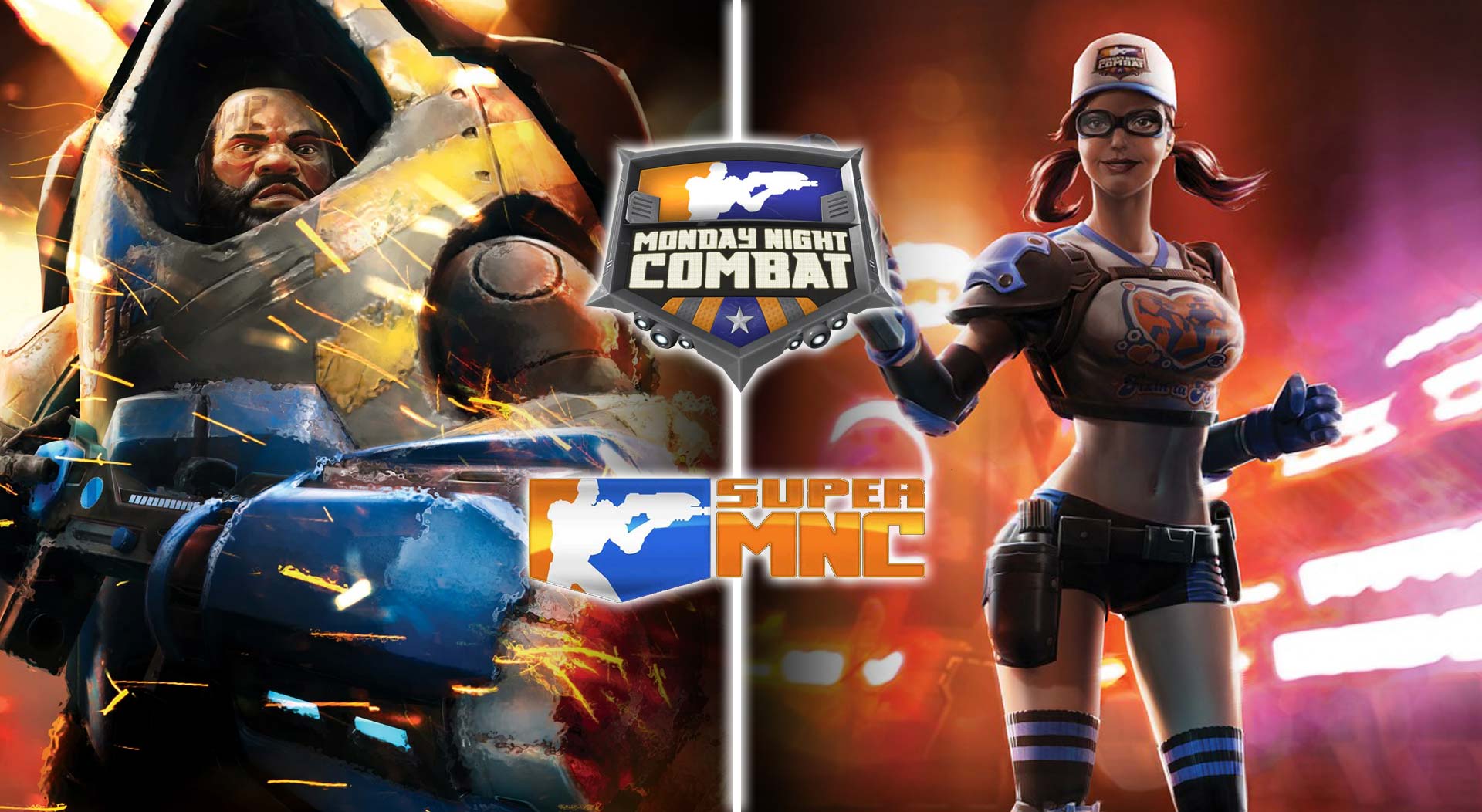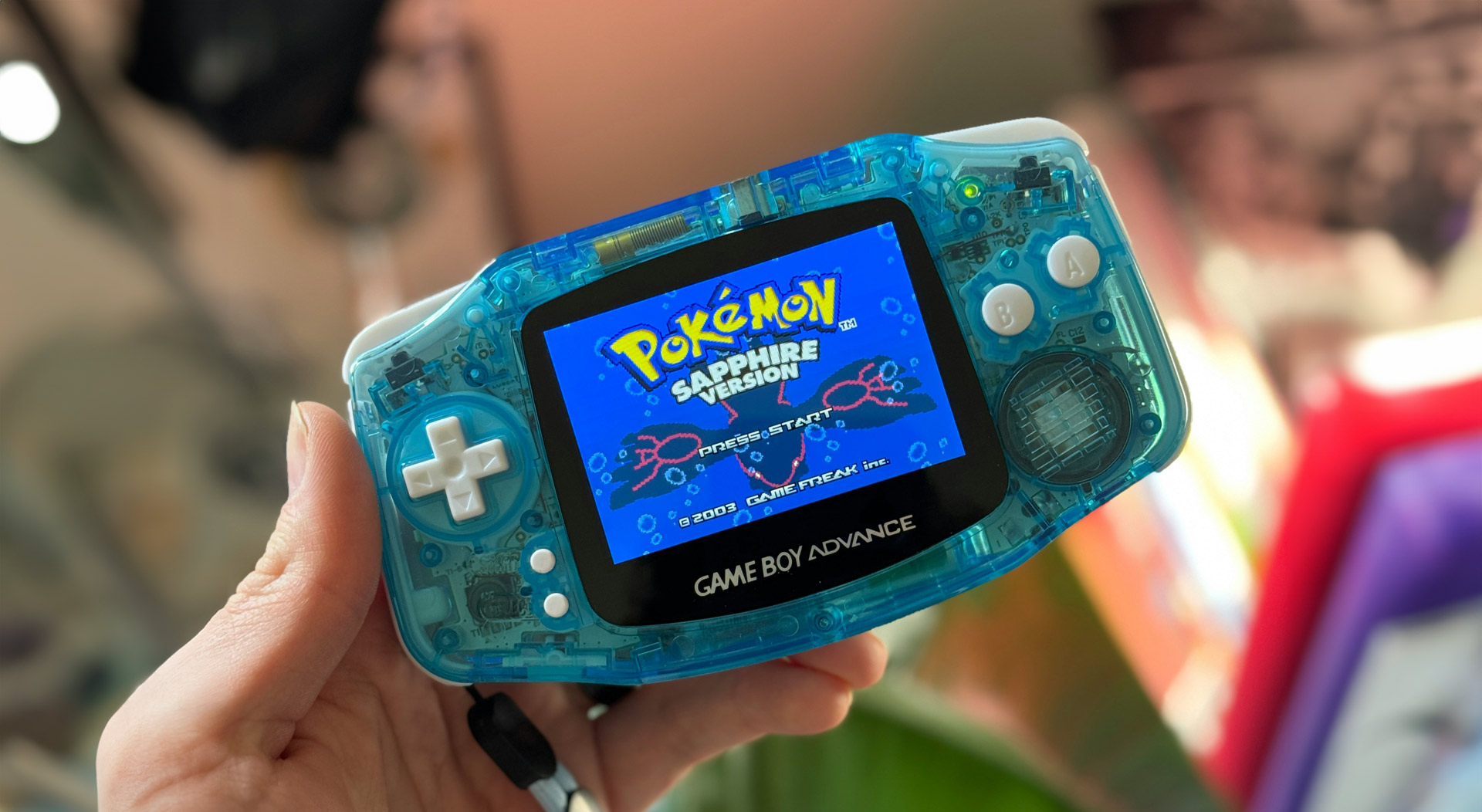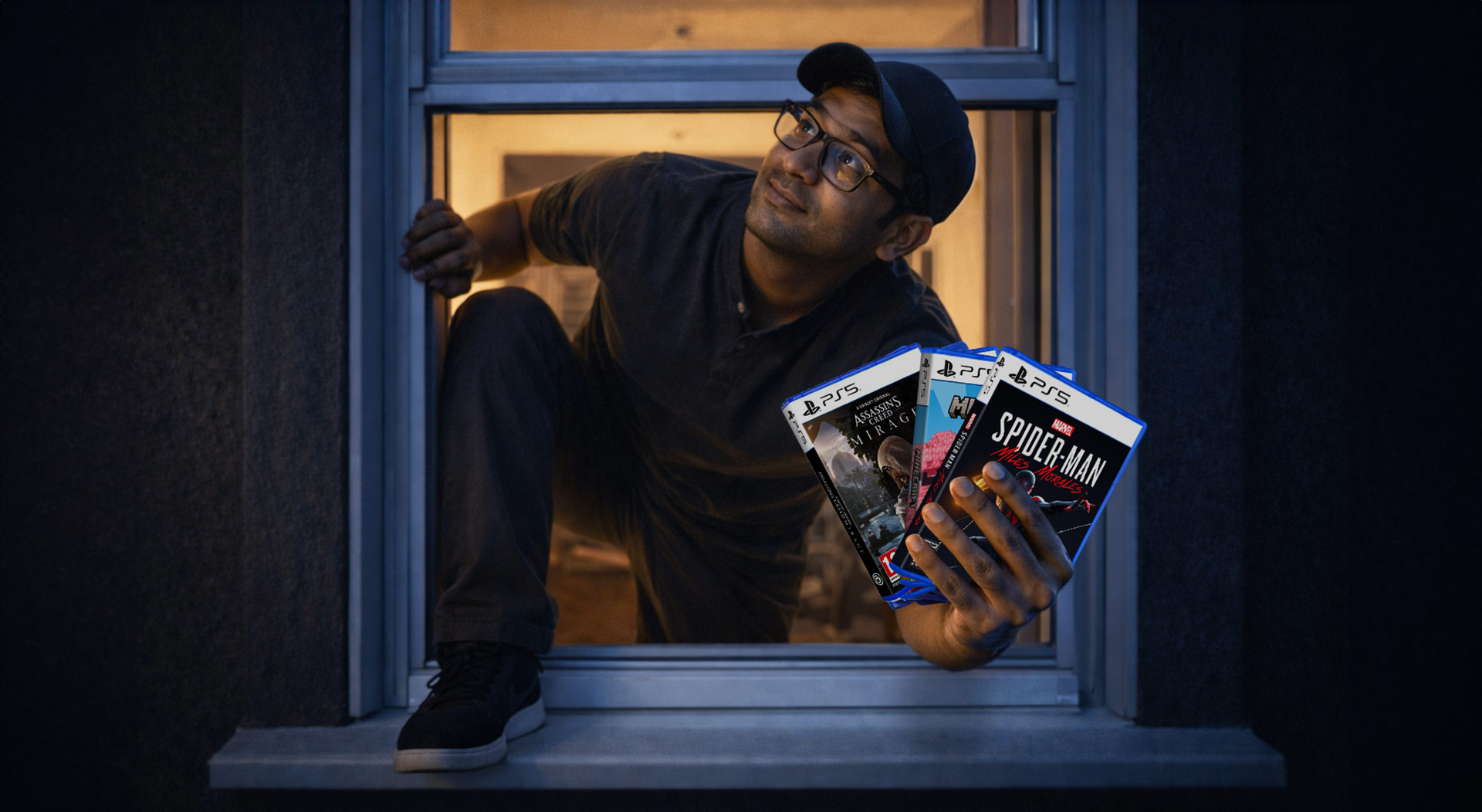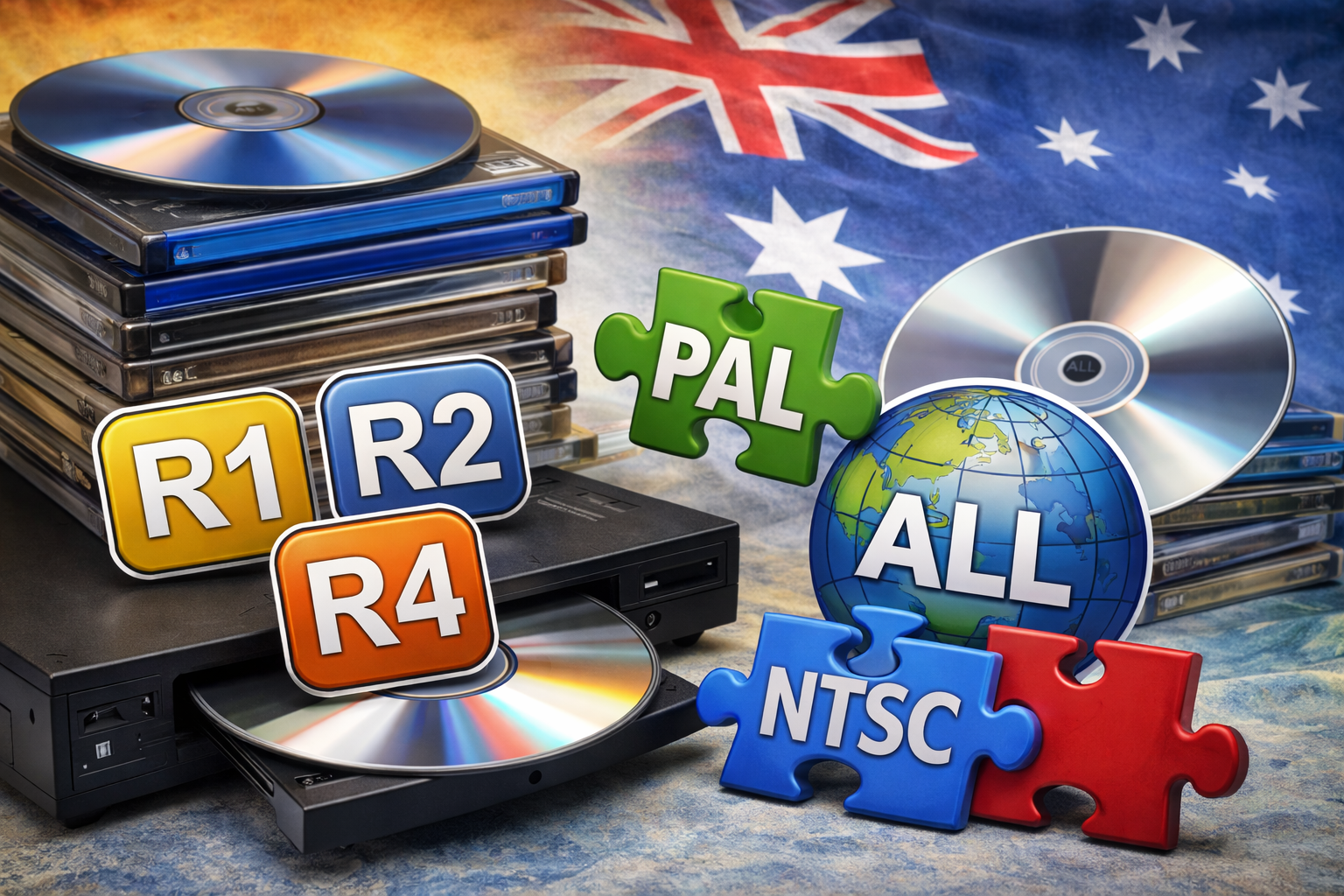The Monday Night Combat series is one of those cult-favourite franchises that emerged during a golden era of digital downloads and experimental multiplayer games. Developed by Uber Entertainment (now known as Star Theory Games), the series gained attention for its unique blend of third-person shooter mechanics, tower defence elements, and MOBA-style strategy, all wrapped in a satirical, futuristic sports broadcast aesthetic. Although it never hit the mainstream success of titles like Team Fortress 2 or League of Legends, Monday Night Combat earned a loyal fan base and left a lasting impact on hybrid multiplayer game design.
Monday Night Combat Origins and Gameplay Style
The original Monday Night Combat launched on Xbox Live Arcade in August 2010 and later came to PC via Steam. The game was presented as a futuristic game show where genetically modified soldiers, known as Pros, competed for fame and fortune. Its gameplay was a fast-paced, team-based third-person shooter with two primary modes:
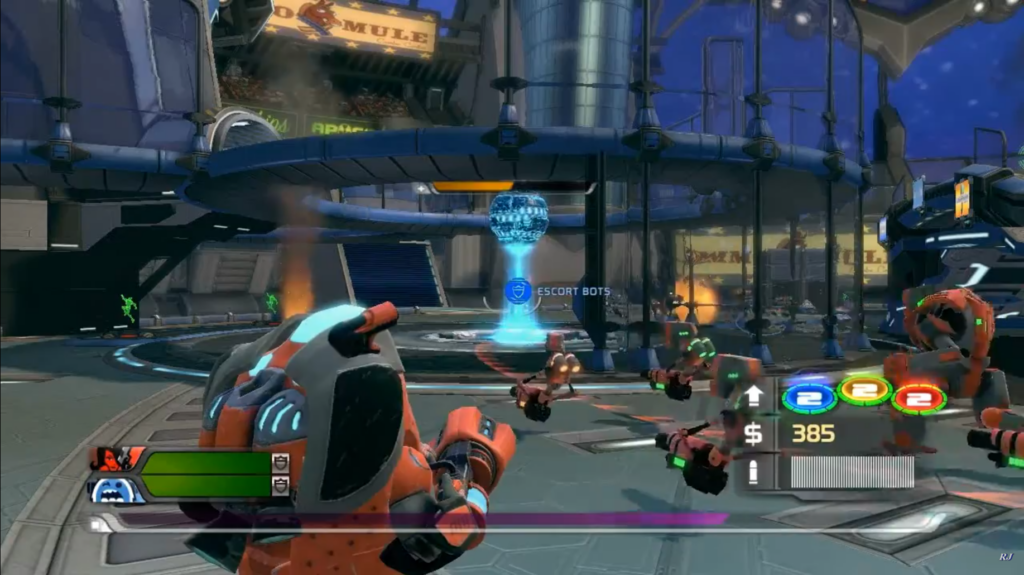
Crossfire: The core competitive mode, where two teams of six players each tried to destroy the opposing team’s Moneyball (a heavily fortified base), while escorting waves of AI-controlled bots.
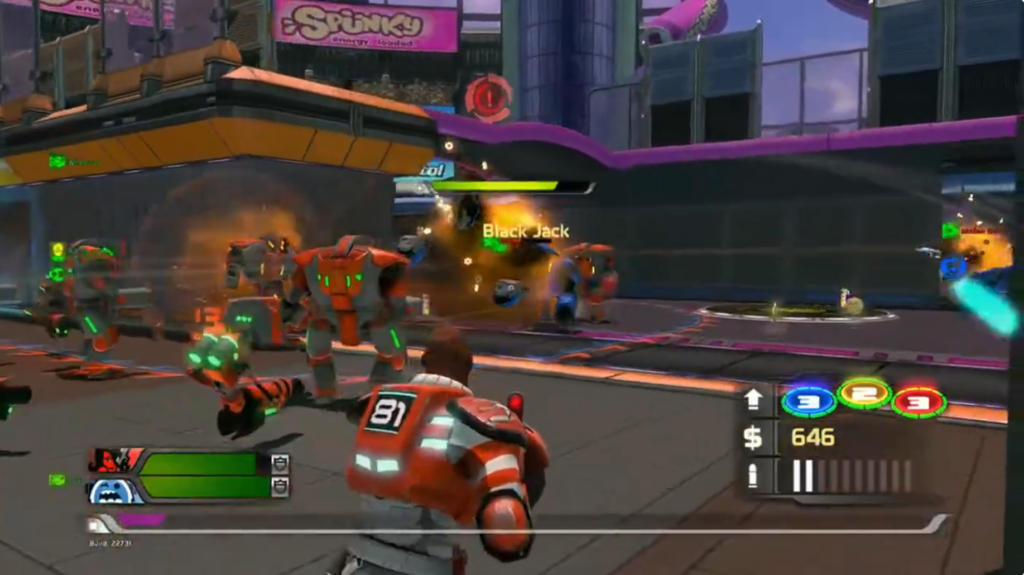
Blitz: A cooperative mode in which players defended their Moneyball against increasingly difficult waves of enemy bots.
What set Monday Night Combat apart was how it blended shooter mechanics with elements borrowed from MOBAs and tower defence. Players could deploy turrets, upgrade abilities mid-match, and interact with in-game currency systems. Each Pro had a distinct personality and class, similar to Team Fortress 2, but with more exaggerated, tongue-in-cheek personas. My favourite was the Assassin.
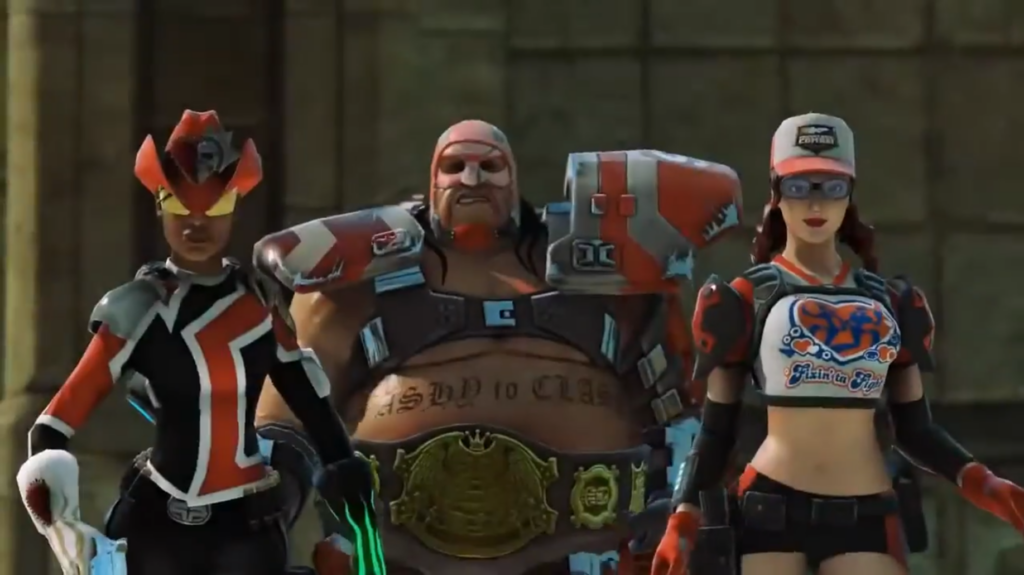
Super Monday Night Combat and the Shift to F2P
In 2012, Uber Entertainment released Super Monday Night Combat (SMNC), a free-to-play sequel that leaned harder into the MOBA formula. It introduced new characters, a deeper progression system, and more strategic depth, moving away from the lean simplicity of the original.
However, SMNC struggled to retain a large player base. The free-to-play model was plagued with balance issues, and despite regular content updates and community engagement, the game never achieved critical mass. It was delisted from Steam in 2018 after servers were shut down, due in part to the game becoming unplayable following updates to third-party security tools and declining support from Uber. I only played this one a little bit, I preferred the original a lot more.
What Happened to the Monday Night Combat Franchise?
Uber Entertainment rebranded as Star Theory Games in 2019, and by then, the Monday Night Combat series had been shelved. The studio shifted focus to other projects, most notably a partnership with Private Division on Kerbal Space Program 2, though that venture eventually fell apart, and the studio was shuttered in 2020.
The Monday Night Combat series effectively ended with the shutdown of SMNC’s servers. Despite the original game’s clever design and charm, it was a product of its time, a moment when digital experimentation was booming on platforms like Xbox Live Arcade, but long-term support and monetisation strategies were still being figured out.
Are the Monday Night Combat Games Still Playable?
Monday Night Combat (2010)
The original game is still available on Steam and can be played in offline mode or via LAN, though online matchmaking is largely inactive. Some community servers and fan-made patches may allow limited multiplayer functionality.
Super Monday Night Combat (2012)
As of 2018, the servers are officially offline, making the game unplayable unless community-run servers are revived, which, as of now, have not emerged in any stable form.
Merchandise and Collectibles
I recall that at its peak, Uber Entertainment’s website sold statues of the Pros, which was amazing to me due to it being a “digital only” game when at the time, only big games like Halo and Super Mario Bros had merchandise. Monday Night Combat had a small run of merchandise and collectibles, mostly aimed at its dedicated fans. Some notable items include:
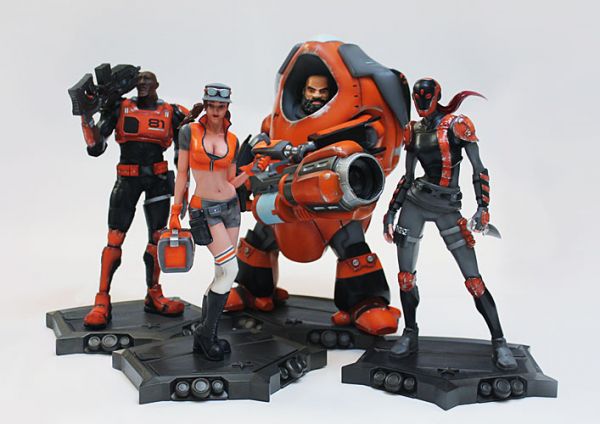
Resin Statues
Uber Entertainment produced limited edition figurines of fan-favourite Pros like Assault, Tank, and Assassin. These were often given away at conventions or sold through the studio’s website. These retailed for $69.99 USD each
Posters and Art Prints
Stylised art prints and promotional posters featuring the game’s colourful cast and in-world advertisements were available during the game’s peak.
T-Shirts and Apparel
A small line of themed clothing, including jerseys styled after in-game teams, was sold directly by Uber Entertainment and later via online storefronts like Redbubble.
Today, these items are considered rare collectibles, occasionally appearing on resale platforms like eBay, though I’m unsure how valuable they are. At the time of writing this there’s only one up for sale and it’s broken.
Monday Night Combat’s Legacy
Though the Monday Night Combat series is no longer active, its influence can still be felt in the hybrid genre games that followed. It helped pioneer the crossover of third-person shooters with MOBA mechanics, predating more refined versions seen in games like Battleborn, Gigantic, and even Overwatch to some extent.
More than that, Monday Night Combat stands as a symbol of a bold and experimental era in gaming, one that valued creative risks, personality-driven design, and genre mashups. While its servers may be silent, its echo still resonates with those who appreciated its quirky charm and innovative gameplay.
